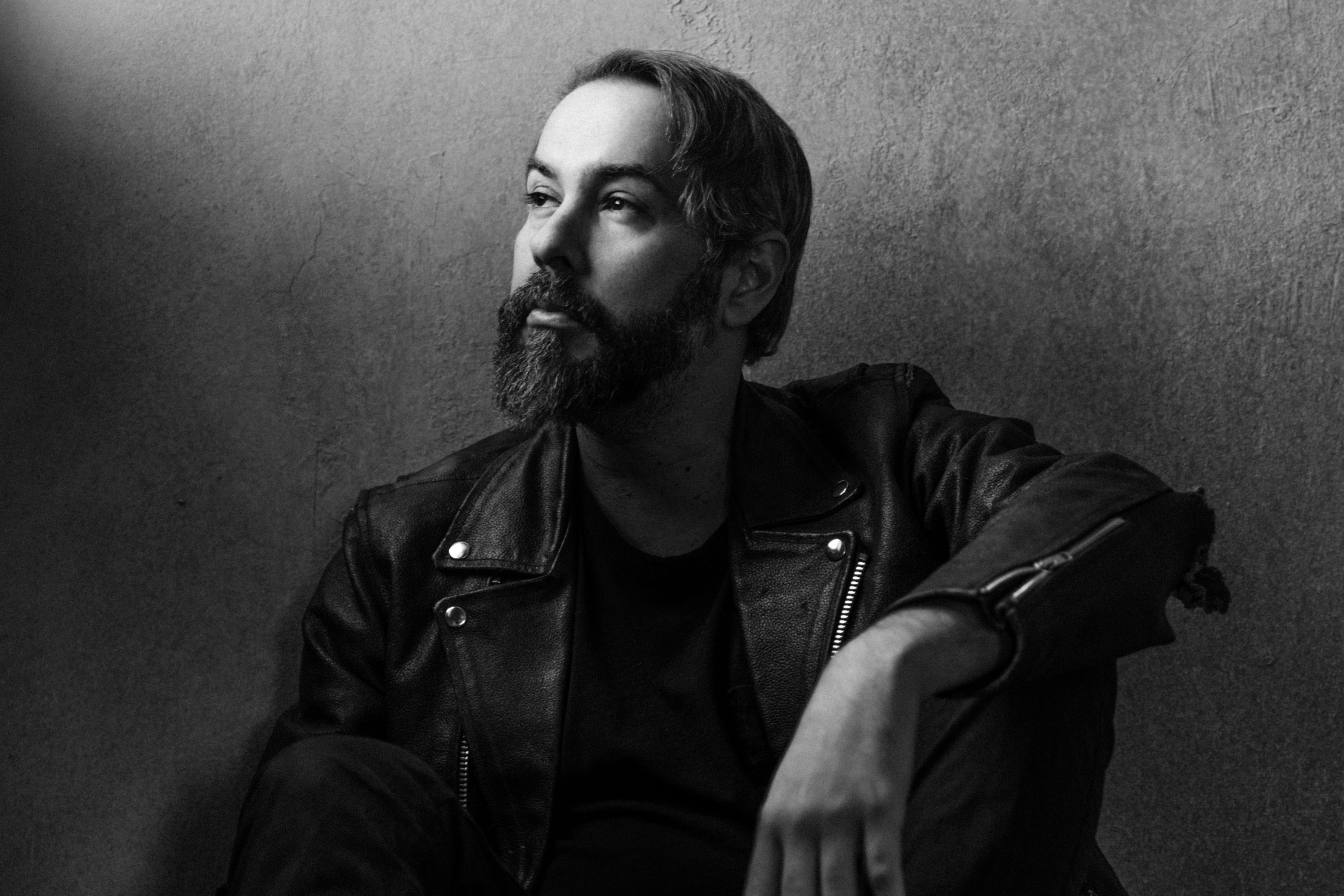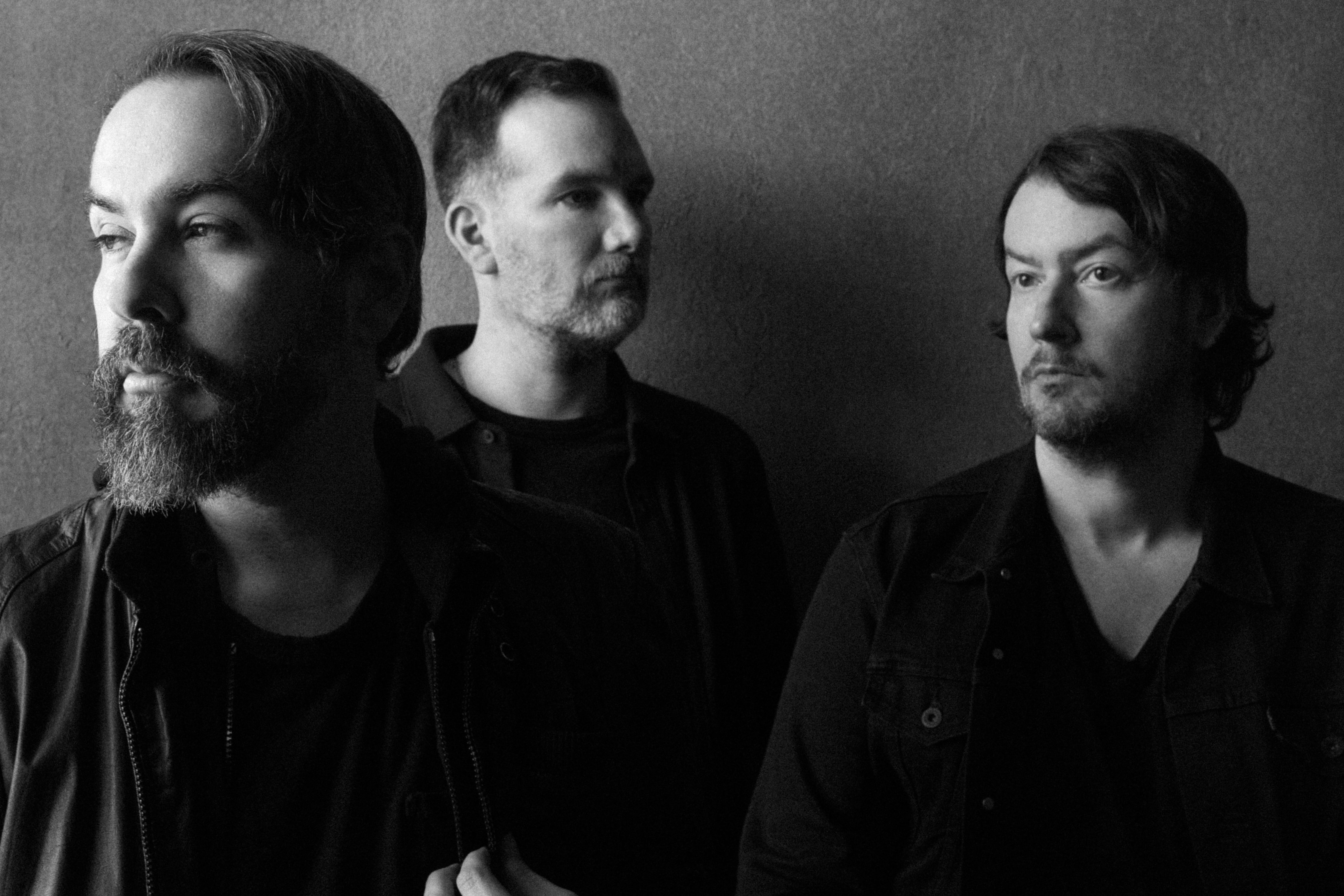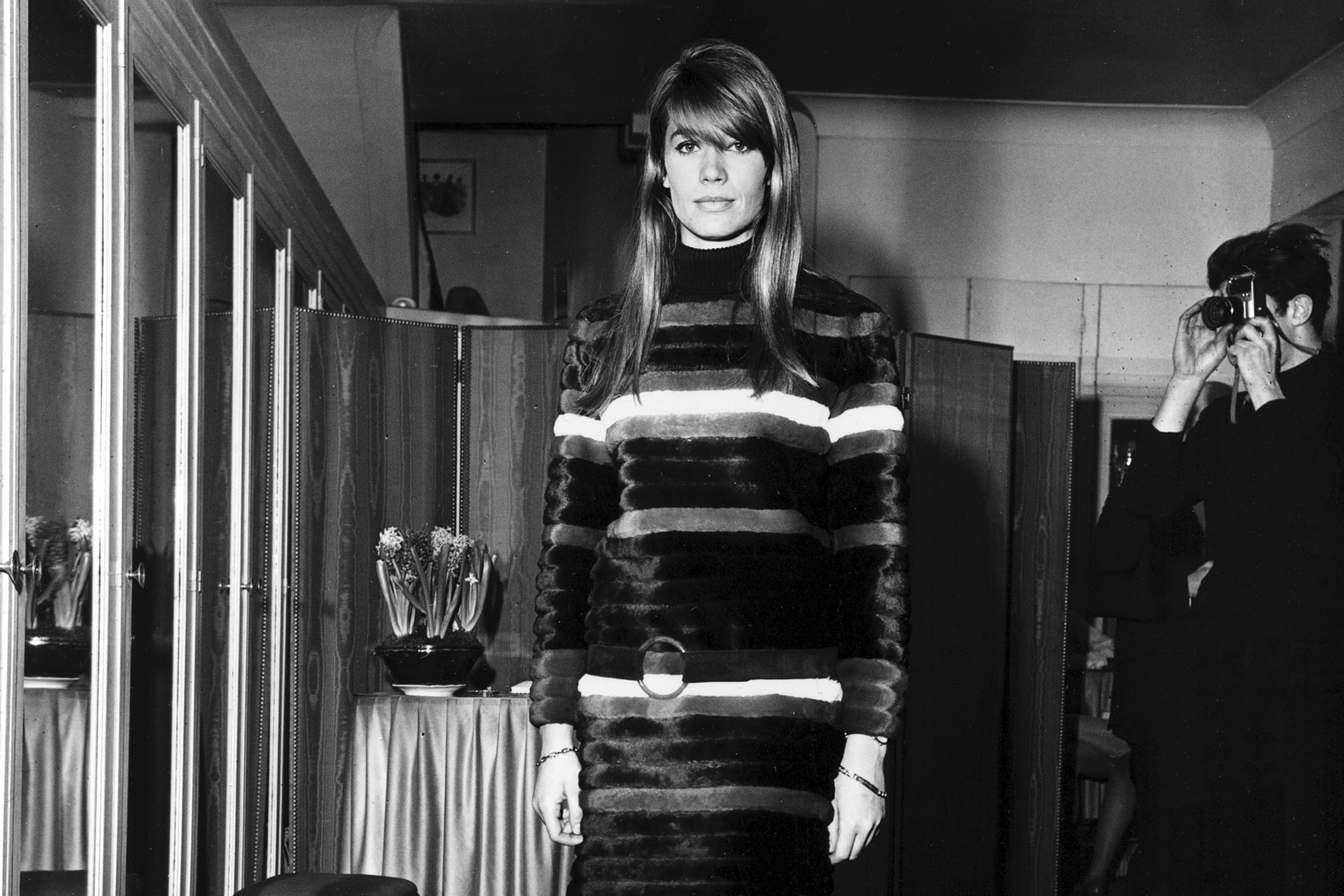Cigarettes After Sex’s Greg Gonzalez: ‘I’m not bitter. I don’t write from that place’
One of the most streamed bands in the world, the Texan three-piece have cornered the market in sensuous indie-pop. Their frontman speaks to Roisin O’Connor about delusion, therapy, and how the end of his long-term relationship inspired their new album


In 2015, having quietly grafted for the better part of a decade, Cigarettes After Sex suddenly, stealthily went viral. The Texan band’s “Nothing’s Gonna Hurt You Baby” bypassed mainstream radio but conquered YouTube, its languid concoction of frontman Greg Gonzalez’s low-thrumming bass and androgynous tenor – plus the track’s distinctive monochrome video – helping the song spread like wildfire.
That Cigarettes After Sex trade in sensuous, shoegazey indie-pop – they’re a mainstay on bedroom playlists – means you wouldn’t necessarily think of them as a stadium band. Yet the numbers don’t lie. A bona fide streaming phenomenon, they achieve the same kind of eye-watering numbers on Spotify as the likes of Taylor Swift and Drake. “Nothing’s Gonna Hurt You Baby” and other early releases, such as “Sweet” and “Falling in Love”, have close to half a billion Spotify streams apiece. “Apocalypse”, with its echoing guitars, lovelorn lyrics and soft strokes of percussion, has 1.3 billion.
And those stadiums? Well, they’re filling them. This year, they headline New York’s Madison Square Garden and play two nights at London’s 20,000-capacity O2. Much of their alchemy owes to a Gen-Z revival of the sad, reverb-laden indie of Nineties bands such as Low, Mazzy Star and the Cocteau Twins. Clip-sharing platform TikTok has created a space where angst-ridden teenagers can become the main character in their favourite songs, sharing DIY music videos to score on-camera heartbreak. Meanwhile, Cigarettes’ songs – often laced with Easter-egg-style references only the writer will understand – encourage a level of fan devotion not dissimilar to Swift’s (Gonzalez recently joked about fans swapping their own friendship bracelets).
Those fans will be pleased to know that Cigarettes’ latest album, X’s, is their best yet. Released this Friday, it’s inspired by Gonzalez’s breakup with his long-term partner and was recorded last year in the house they once shared. It’s the apotheosis of that swooning, romantic sound: abstract lyrics (“In shorts so high-waist/ The girl in the arcade/ Said they were the shortest ever”) float in deep pools of lush guitar and ripples of percussion. Memories of a long-lost romance flicker like a mirage in the desert, blurring with recollections from childhood. Gonzalez’s whispered delivery on “Silver Sable” is streaked with tears: “Stay with me now, I don’t wanna be lonely.”
“It was probably the worst time to record, emotionally,” the 41-year-old frontman says. “When I did the vocals, everything was really about to be over, which sounds so melodramatic, but I knew it was finished – there was no coming back. I knew that I had to sing the songs or that emotion would be lost; there was some kind of spirit I’d lose, if I waited longer.”

We’re speaking over video call; Gonzalez’s surprisingly baritone voice floats out of a black screen. He talks in a low but hurried murmur, stumbling over words as he chases after his train of thought.
Growing up in El Paso, Texas, he fell for the old-school charm of the Everly Brothers, Marvin Gaye and Chet Baker. Later, he found himself transfixed by Julee Cruise, whose 1989 single “Falling” served as the theme to David Lynch’s series Twin Peaks. It’s no surprise to learn that Lynch is a Cigarettes After Sex fan.
Gonzalez’s own film background seems to drive the sprawling, cinematic nature of Cigarettes’ music. His father was involved in movie distribution, and Gonzalez himself once worked as a manager at a cinema in Manhattan. On Instagram, the band’s feed is littered with clips from Pretty Woman, The Virgin Suicides, Some Like It Hot and Cruel Intentions. Each song on X’s is written like a scene that forms a bigger picture when you listen to the album in full.
“Those songs are memories, but sometimes we can’t remember something perfectly – the details are blurred – so it becomes more of an imagined thing,” Gonzalez says. “Any one of our songs should feel like a little movie playing in your head.” Both before and after the breakup, he found himself reaching back to piece together those fragmented snatches of memory, preserving them in amber.

“Writing songs is therapy, in a way,” he continues. “It’s the way I capture the good and the bad, those beautiful moments you had together and the painful present.” He wrote about the beginning of the relationship on the band’s second album, 2019’s Cry; “Falling in Love” recalls how he and his partner would watch the same film in the cinema while living in different states. “Hentai”, named after an erotic subgenre of Japanese manga, saw him fantasise about his untimely death in a plane crash. As the song attests, she wasn’t impressed.
“I guess it’s a foolish idea, but [her reaction] snapped me out of my little delusion,” he says. “And yeah, most of this record is about her.” Why did they break up? “There were jealousies, and some co-dependent stuff happening, which I wasn’t used to,” he says. His tendency towards introversion became a problem, too. He writes about this on new song “Dark Vacay”, an ironically named track about fighting in paradise.
“Vacation is the worst time to argue with someone... this small disagreement can derail the entire experience.” But, he agrees, this isn’t a bitter breakup album: “Our relationship taught me so much, and I’m so thankful for it,” he says. “I’m not bitter. I don’t write from that place, although I do love it when other people do. I love a good ‘f*** you’ song.”
There were jealousies, and some co-dependent stuff happening, which I wasn’t used to
He endured heartbreak of a different kind when he heard about the death of French pop singer and model Françoise Hardy. One of the leading figures of Europe’s yé-yé wave in the Sixties, she was a noted fan of Cigarettes’ songs; her own single, “Voilà”, is played at the end of every one of the band’s live shows.
Gonzalez is grateful he got to meet her in person, more than once. “Probably the most cosmic thing that’s ever happened was meeting her in Paris for the first time,” he says. “She knew all of my songs. You have to understand, I was wearing a shirt with her image around my hometown as a kid; I was obsessed with her music. She’s the biggest influence on Cigarettes in a lot of ways.”

He and Hardy were, in many ways, kindred spirits. Once described as “the most glamorous wallflower in France”, Hardy was disillusioned about the nature of celebrity and critical of her early releases. Gonzalez, too, once dismissively referred to Cry as a “minor work”. “The first record was [the result of] five years of songwriting, and Cry was spontaneous,” he explains now. “So I guess that’s what I meant by that. Time will tell if it’s actually true.”
Lyrically, Gonzalez has to fight the instinct “not to overshare”, he says. “There’s this other instinct telling me to confront it, and that’s what feels powerful. You’re facing your emotions head on.” This means singing from a place of vulnerability. “And I just like things to feel gentle, especially if it’s intimate music. I’m singing that quiet because that’s how you’d talk to somebody if you were embracing them, holding them as close as you possibly can, talking in these really hushed tones. It’s like a love letter.”
Does he ever play his songs to his exes? The black square goes silent for a moment. “I have a rule where I tell them I’m writing it, but I don’t want them to hear it until it’s out,” he says eventually. “It’s mostly because I want them to hear the finished version, the way I intended the song to be.” He recalls the woman who inspired his song “K” calling him after she heard it on the radio. “She was crying,” he says. “She said it was really beautiful to hear that song. So it still felt sweet between us, even though time had passed.”
‘X’s’ is out this Friday
Join our commenting forum
Join thought-provoking conversations, follow other Independent readers and see their replies
Comments
Bookmark popover
Removed from bookmarks